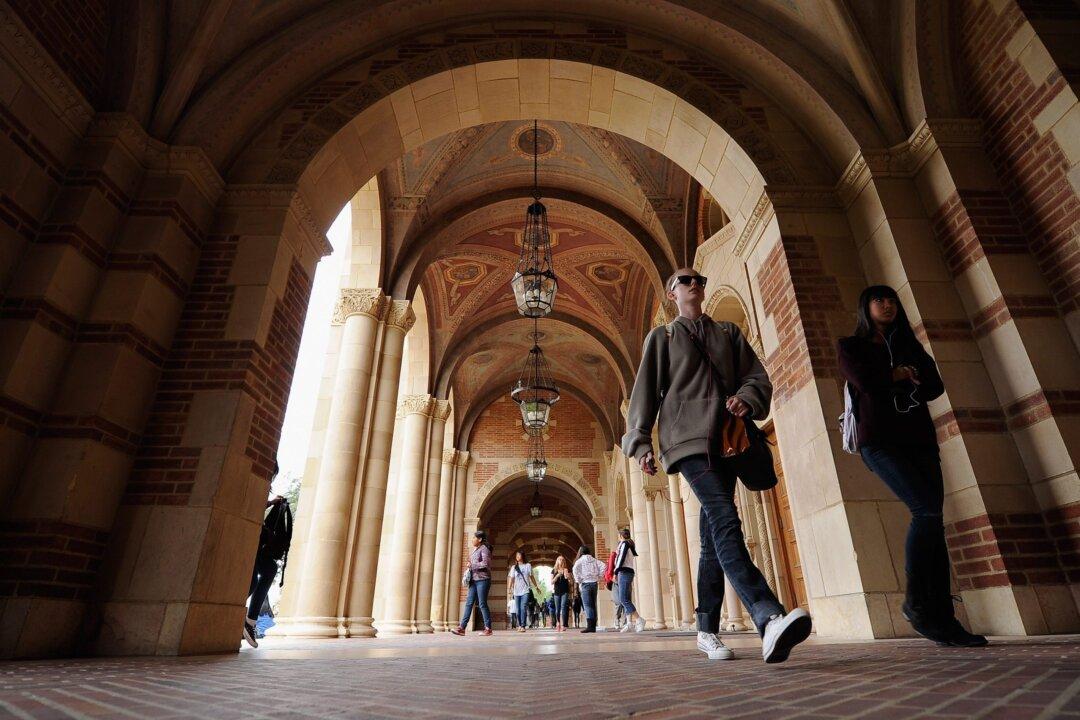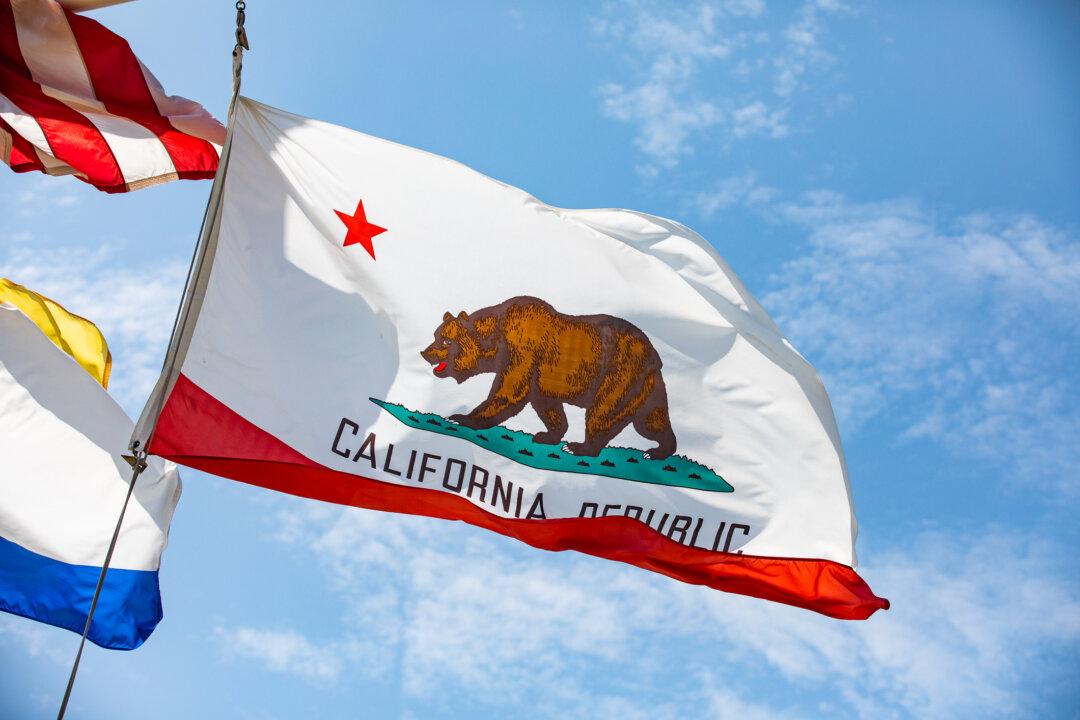A bill that would allow students who are illegal immigrants to work at California colleges and universities passed the state Assembly on May 22.
Currently, students must obtain a work permit to hold jobs on campus. That would change under Assembly Bill 2586, introduced by Assemblyman David Alvarez of San Diego.





